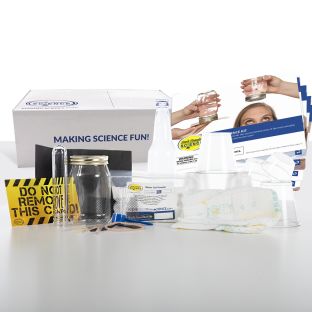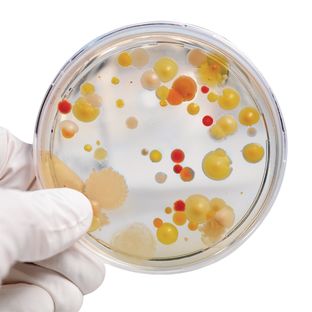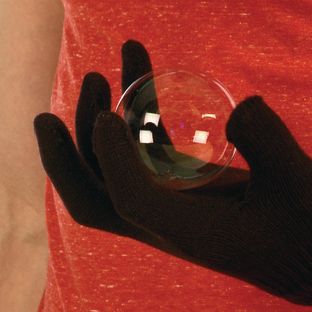Chemistry – Elementary
Popular Elementary Chemistry Materials
Inspire engagement with popular Elementary Chemistry Materials. Our most-purchased Elementary Chemistry Materials are versatile and appropriate in most school environments.
Really Good Stuff’s top Elementary Chemistry Materials enhance experiences for students as well as teachers. Shop our most popular Chemistry Materials for educators.
Elementary Chemistry Products
Top-Rated Elementary Chemistry Materials | 2025 School Year
Get top-rated Elementary Chemistry Materials from Really Good Stuff. Teachers rate these 1 Chemistry Materials with an average of 5 stars, making them the best Chemistry Materials.
Explore these Elementary Chemistry Materials loved by students aged 3 to 11 years-old. Through premium Elementary supplies, Chemistry Materials can help your PreK grade to 8th grade class.
Learn More About Elementary Chemistry Materials
Enhance your Elementary classroom with Really Good Stuff’s Chemistry Materials. Our catalog of 15 high-quality Chemistry Materials start at $8.07 and fit the Elementary classroom. From premium brands like Steve Spangler Science®, these Chemistry Materials meet the needs of Elementary teachers.
Really Good Stuff’s Chemistry Materials for Elementary students work for ages 6 to 10 and for grades 1st to 6th. Teachers match Elementary Chemistry Materials with other Chemistry Materials from the Science category.
Make Really Good Stuff your top choice when looking for Chemistry Materials for your Elementary classroom.
Chemistry can be an exciting and engaging subject for elementary classrooms, providing young students with an introduction to the wonders of science in a hands-on manner. Teachers often use Chemistry to spark curiosity and foster a love for science by conducting simple experiments that demonstrate fundamental concepts. These activities might include mixing baking soda and vinegar to illustrate chemical reactions, using litmus paper to test the pH of various substances, or creating slime to explore the properties of polymers. By engaging students in interactive demonstrations and experiments, teachers help them grasp basic principles in a fun and memorable way.
When choosing Chemistry products for your elementary classroom, it is essential to consider a few key factors to ensure the best educational experience. First, opt for age-appropriate materials designed for young learners. Products that include clear instructions, safety guidelines, and vibrant visuals can significantly enhance understanding and retention. Second, look for Chemistry sets that align with your educational goals and curriculum standards—these will provide a structured approach to learning the subject. Third, prioritize products that promote inquiry-based learning, encouraging students to ask questions, make predictions, and conduct experiments just like real scientists.
Elementary classrooms typically cater to children aged 5 to 11, spanning from kindergarten through 5th grade. Within this age range, Chemistry activities should be straightforward and safe, yet sufficiently challenging to stimulate curiosity and intellectual growth. When purchasing Chemistry materials for elementary students, consider the differences in cognitive and motor skills compared to older students. Products for younger children should be sturdy, easy to handle, and come with detailed yet easy-to-follow instructions. Unlike middle or high school settings, where students can handle more complex and potentially hazardous materials, elementary Chemistry products should emphasize safety without compromising educational value. This approach ensures that young learners can explore the world of Chemistry confidently and joyfully.
FAQs for Elementary Chemistry Materials
What are the highest rated Elementary Chemistry Materials?
- Steve Spangler Science® Color Fizzers™ True Color Tablets – 100-Pack (5 stars) – $9.99














